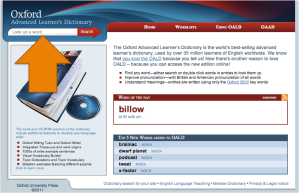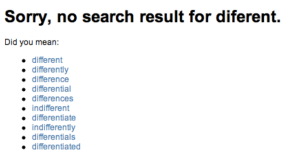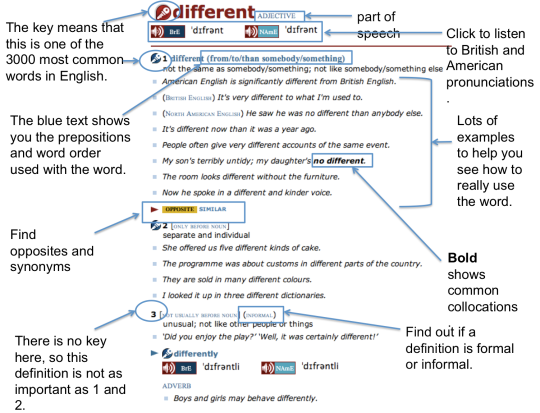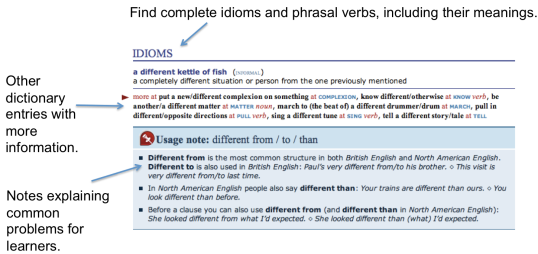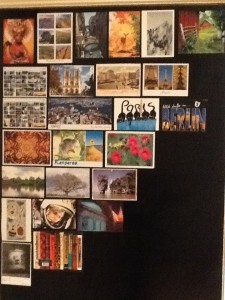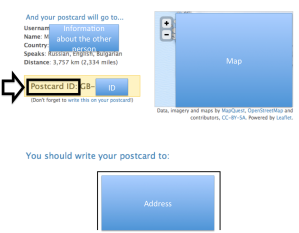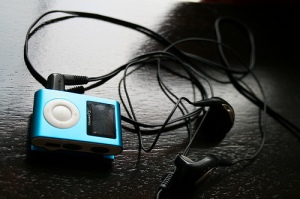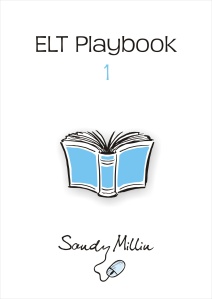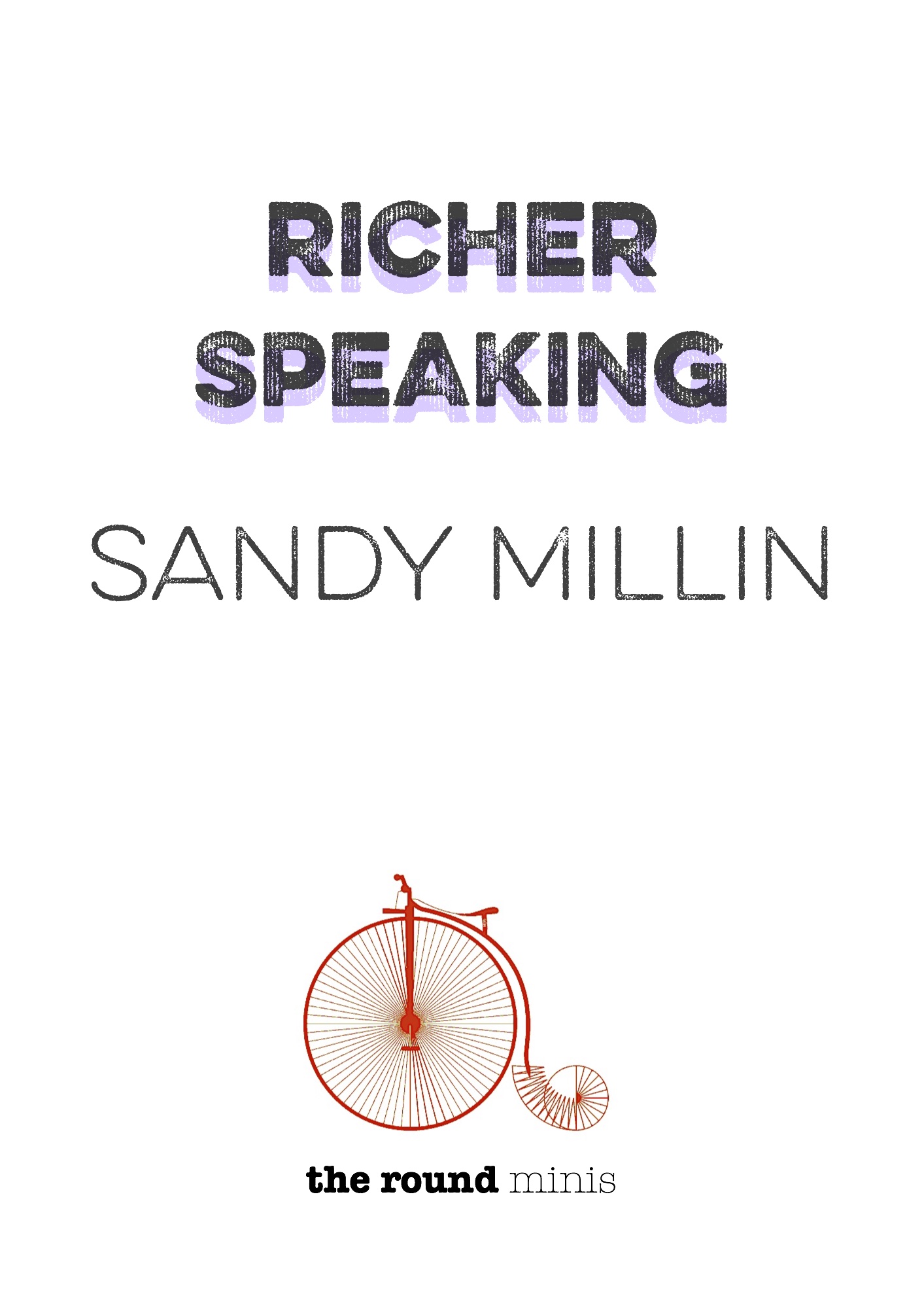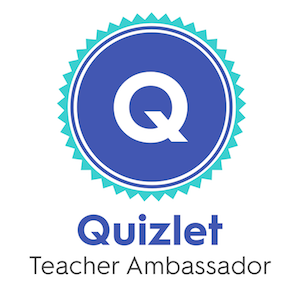Oxford Advanced Learner’s Dictionary
Listen while you read:
How do you find out the meaning of words which you have never seen before? Do you translate them? While this is quick and easy, it is probably not the best way to improve your English. Instead, you can use a monolingual English-English dictionary. This will take you longer, but it will improve your English more in the long run.
My favourite monolingual learner’s dictionary is from Oxford, so that is what this post is about. There are also dictionaries available online from Macmillan, Cambridge (Essential/Intermediate/Business) and Longman. Each of the dictionaries is also available in paper form, often with a CD-ROM. Many of them are also available as apps. Try a few out and see what works best for you. The advice below should apply to all of them.
Why you should use a monolingual dictionary
By looking up words in an English-only dictionary you:
- practise your reading skills;
- practise your writing skills (when you copy the definition/write an example);
- can check the pronunciation of the word;
- see the word in context;
- find common collocations;
- find out how important the word is;
- learn about common problems for English learners and how to avoid them;
- spend time with words, instead of rushing, so that your brain has more time to take them in;
- expand your vocabulary by learning synonyms, opposites, and words you don’t understand in the definitions.
I have studied many languages, and I always arrived at a point where my teachers told me to stop translating everything into English. Each time, it was very difficult at first, and when I was feeling lazy I always went back to my English-Spanish/German/French dictionary, but in the end I got used to it, and all of my language skills improved as a result.
Find the definition of a new word
Go to the homepage of the dictionary and type the word into the ‘search’ box.
If you are not sure about the spelling, guess and the dictionary will help you. You can then click on the correct spelling. For example:
Understanding the dictionary entries
Here is the definition for different. In the picture, I have explained the information you can find in the dictionary entry. Click on the image if you want to make it bigger.
If you are using a computer (not a mobile device), you can double-click on any word in the dictionary and it will take you to the entry for that word. This is very useful if you don’t understand the definition completely. All of the definitions are given using the Oxford 3000, the 3000 most common words in English, all of which are marked with the red key symbol.
Some advice
- Make sure you know which form of the word you are looking for. There are different entries in the dictionary for the noun, verb etc form of each word. You can find a box like the one below underneath the ‘search’ box in the top-left corner of the page.

- Try to learn words from a context, not from a list. This will help you to remember them, but more importantly, it will help you to decide which definition is the one that you need. For example, there are thirteen definitions including the phrasal verb ‘put up’, and without a context it would be impossible to know which one to choose.
- When you take notes about new vocabulary, use the dictionary to help you write a definition in English, as well as an example sentence. This is a much more useful way of recording vocabulary than just translating it, and because it takes you longer, you are more likely to remember the word/phrase.
Do you have any other advice? Do you know about any other online dictionaries for English learners? Feel free to share in the comments.
